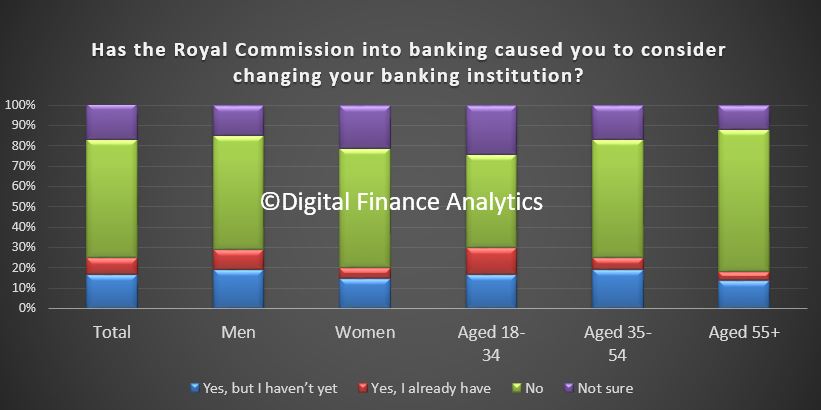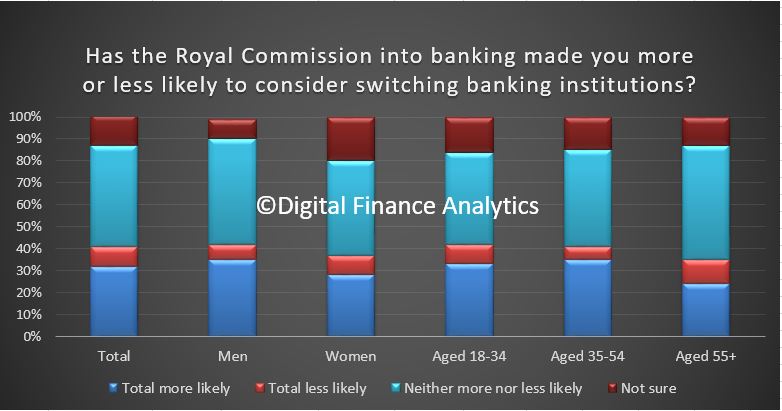Australia’s customer owned banking sector welcomes reports that the Australian Competition and Consumer Commission (ACCC) is requesting to conduct an inquiry into the banking industry’s competitiveness.

Customer Owned Banking Association CEO Michael Lawrence says the request from the ACCC and the comments from Tim Wilson MP were encouraging for credit unions, building societies and mutual banks who have been leading the charge for a more competitive retail banking market.
“The enduring solution to concerns about the banking market is action to promote competition.
“We don’t have sustainable banking competition at the moment. A lack of competition can contribute to inappropriate conduct by firms, and insufficient choice, limited access and poor-quality products for consumers.
“We strongly support the ACCC’s calls for an inquiry to examine the banking industry’s competitiveness. It’s encouraging to see that the ACCC and Tim Wilson MP share our sector’s concerns about competition and what an uncompetitive banking market means for consumers.
“Last year’s Productivity Commission’s report on competition in banking sent strong messages to regulators and policymakers that regulation is hurting competition and consumers are paying the price.
“The regulatory framework over time has entrenched the dominant position of the largest banks.
“The PC report shone a light on a problem that is not well enough recognised – that more and more regulation can be harmful to consumers because it weakens competition.
“The Productivity Commission found that competition drives innovation and overall value for customers. “The Financial Services Royal Commission looked into misconduct, now is the time to look into competition.”








